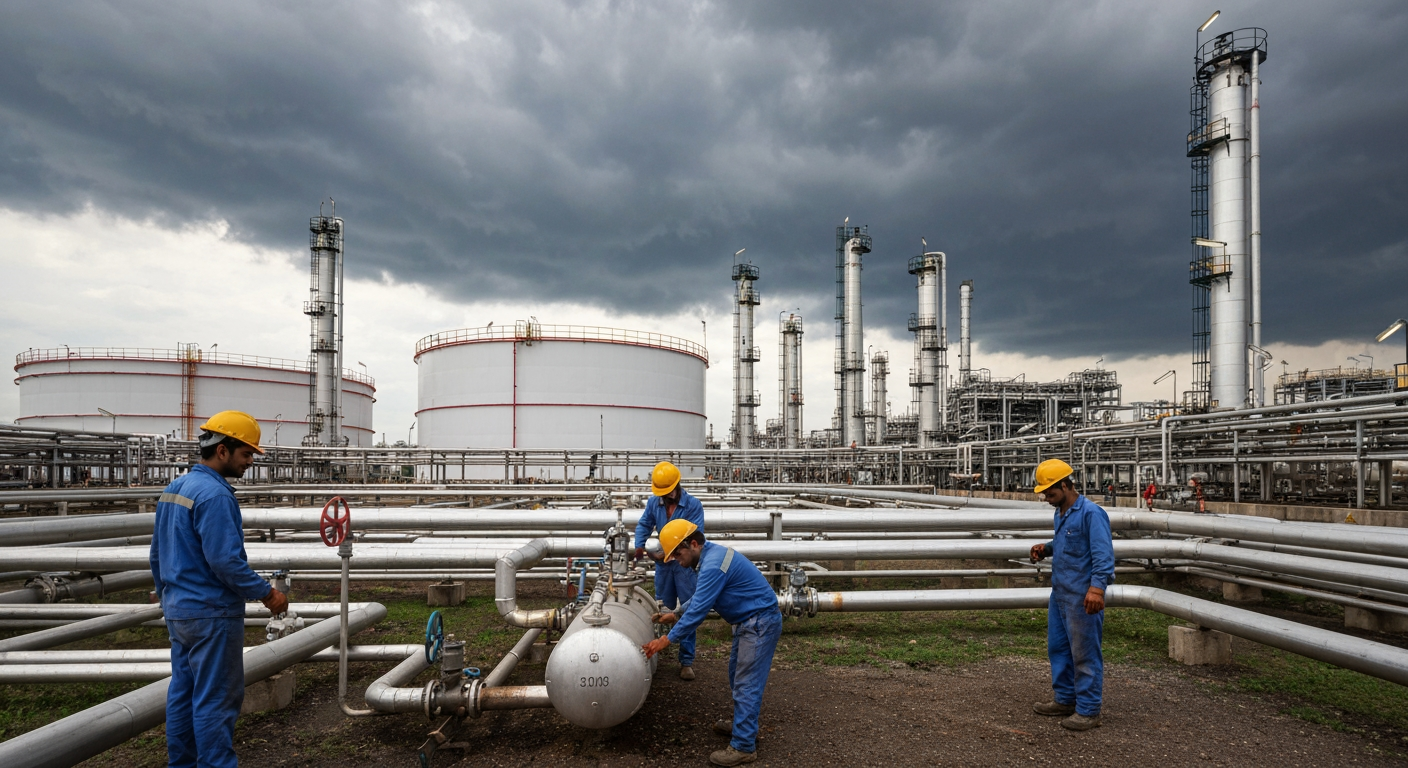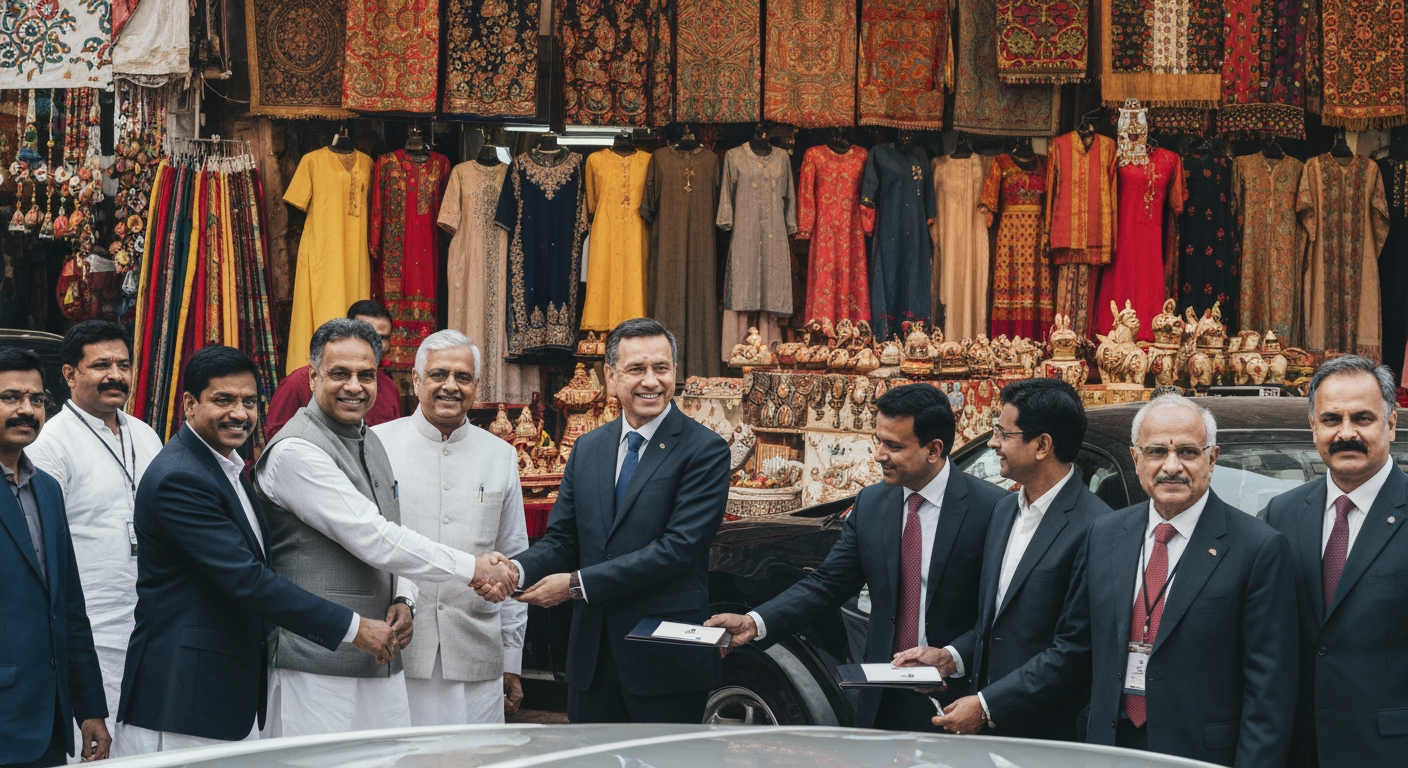Argentina Under Milei: 500 Days of Shock Therapy

Javier Milei, the self-proclaimed "anarcho-capitalist," has now been in office as Argentina's president for roughly 500 days, a period marked by radical economic reforms and significant shifts in the nation's financial landscape. Milei's administration has implemented a severe austerity program aimed at tackling Argentina's chronic economic woes, including rampant inflation and a history of debt crises. While some indicators suggest progress, the impact on Argentinians has been complex and often painful.
Austerity Measures and Economic Overhaul
Upon assuming power in December 2023, Milei launched a series of drastic measures designed to overhaul Argentina's heavily regulated economy. These included:
- Slashing Government Spending: Milei's government significantly cut the budget, reducing expenditures by approximately 30%. This involved eliminating or downgrading ministries, freezing public infrastructure projects, and laying off tens of thousands of government workers. Subsidies for energy and transportation were also slashed.
- Deregulation: Milei's administration has pursued deregulation aggressively, implementing an average of two deregulations per day. These measures aim to reduce bureaucratic red tape, stimulate economic activity, and reduce opportunities for corruption. Examples include ending rent controls, which led to a tripling of rental apartment supply in Buenos Aires and a price decrease, and prohibiting hereditary positions in government agencies.
- Devaluation of the Peso: The Argentine peso was devalued by 50% shortly after Milei took office, followed by a crawling devaluation of 2% per month. This aimed to close the gap between official and unofficial exchange rates.
- Fiscal Surplus: Through aggressive spending cuts, Argentina achieved its first budget surplus in 12 years. This was accomplished by reducing payments to provinces, freezing budgets, and limiting social spending adjustments for inflation.
Impact on Inflation and the Economy
Milei's policies have had a notable impact on inflation, which was a primary concern upon his arrival. Monthly inflation has decreased significantly, from 25.5% in December 2023 to as low as 2.2% in January 2025. Annual inflation, while still high, has also fallen from nearly 300% at the beginning of 2024 to around 67% earlier this year.
Other positive economic signs include:
- Economic Growth: After a period of contraction, Argentina's economy has shown signs of recovery, with GDP growing in the last two quarters of 2024. The International Monetary Fund (IMF) projects a 5% growth for Argentina in 2025.
- Stronger Peso: The gap between the black-market dollar and the official rate has narrowed, boosting confidence.
- Investor Interest: Investor interest in Argentina is returning, and the IMF is in talks with Milei's government over a new program.
The Human Cost of Austerity
While some economic indicators have improved, the austerity measures have had a harsh impact on many Argentinians:
- Poverty: While the poverty rate fell to 38.1% in the second half of 2024, after soaring to 53% in the first half of the year, some studies indicate poverty levels reached 57.4% in January 2025, the highest in 20 years. Millions of Argentinians continue to live in poverty, with a significant portion facing extreme poverty.
- Unemployment: Unemployment has climbed as a result of government layoffs and the suspension of public works projects. The construction sector has been particularly affected, with an estimated 200,000 workers losing their jobs.
- Reduced Social Spending: Cuts in public works, retirement payments, and subsidies have led to protests and increased hardship for vulnerable populations. Funding for universities and scientific research has also been reduced, impacting education and innovation.
- Pensioners Hardest Hit: Some of the government's biggest savings came from holding down the real value of pensions, impacting retirees significantly.
Political Landscape and Future Challenges
Milei's administration faces several challenges as it moves forward:
- Midterm Elections: The midterm elections in October 2025 will be a crucial test of Milei's political strength. A favorable outcome could solidify his party's position and pave the way for further reforms.
- Relationship with the IMF: Maintaining a stable relationship with the IMF is essential for Argentina's economic stability, particularly given the country's large external debt payments.
- Currency Management: Managing foreign exchange reserves and ensuring the sustainability of the currency remain pressing challenges.
- Public Support: Milei's ability to maintain public support and market confidence will be critical for the success of his policies. While his approval ratings have remained relatively stable, the social costs of austerity could erode his base.
A Nation Divided
Javier Milei's first 500 days in office have been a period of dramatic change and upheaval for Argentina. His supporters point to the reduction in inflation and the achievement of a fiscal surplus as evidence that his policies are working. Critics, however, emphasize the human cost of austerity, with rising poverty and unemployment impacting the most vulnerable Argentinians.
As Argentina heads towards midterm elections, the debate over Milei's economic policies is likely to intensify. The outcome of these elections, along with the government's ability to navigate complex economic challenges, will determine whether Milei's "shock therapy" ultimately leads to a sustainable recovery or further hardship for the Argentine people. The nation remains divided, with many questioning whether the sacrifices being made today will lead to a brighter future.


